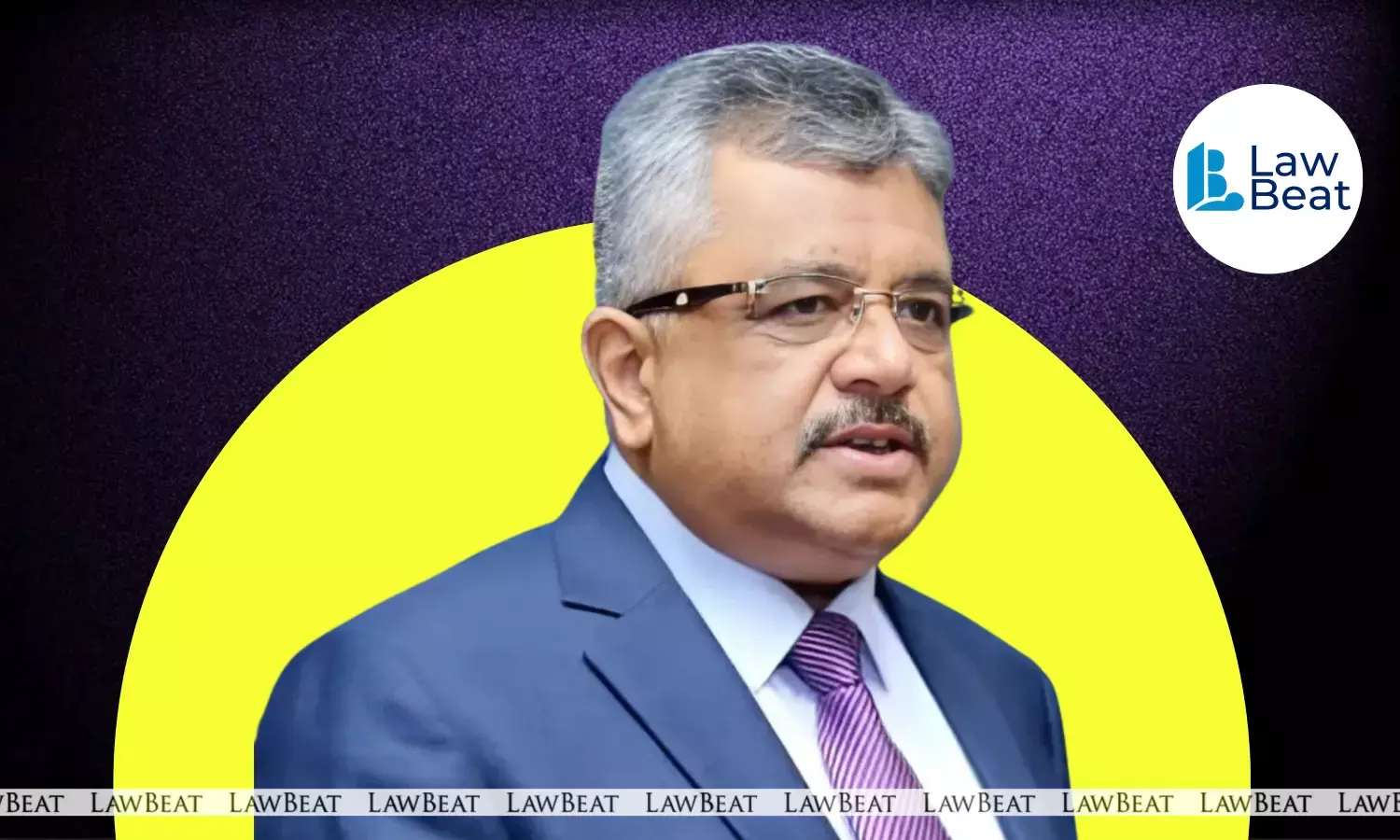SG Tushar Mehta Flags Integrity Crisis in Arbitration, Calls for Parliamentary Intervention

SG Mehta expressed these views during the Supreme Court hearing in the petitions filed by the Enforcement Directorate on the recent I-PAC raids.
Solicitor General of India Tushar Mehta has raised alarm over what he described as a deepening integrity crisis in India’s arbitration system, warning that confidence in arbitration has eroded to such an extent that Parliament may have to step in with corrective legislation. Speaking at a two-day conference on arbitration law organised by the Gujarat High Court in Ahmedabad on September 21, Mehta said the practice of litigants and law firms being able to choose their own arbitrators has undermined faith in neutrality and created a perception of bias.
“Those who are practicing in the field of arbitration tell me that from the name of certain arbitrators you can find out the firm which must have engaged him and the litigant which must be the client of that firm,” Mehta said. According to him, the system has reached a stage where merely looking at the arbitrator’s name can reveal which law firm and which client is behind the appointment.
The Solicitor General argued that such a situation is incompatible with the idea of impartial dispute resolution. To restore confidence, he floated the idea of a law mandating that all arbitral awards be published on a single platform. “You will come to know which company engages which arbitrator very frequently and which lawyer represents that company before that arbitrator almost frequently. This would work as a check,” he said.
‘Integrity Cannot Be Legislated, But Safeguards Can Be Built’
Mehta emphasised that integrity cannot be legislated, but systems can be designed to minimise abuse. He recalled instances where integrity was “not even doubtful” and pointed out that this lack of trust is one reason why corporations and statutory bodies often prefer conventional litigation over arbitration.
He reminded the audience that he had earlier told a Constitution Bench of the Supreme Court that government bodies do not enjoy a level playing field in arbitration against private parties. The concerns, he suggested, were serious enough that in 2020 the Central Government barred arbitration clauses in all contracts above ₹10 crore. “It is an alarming decision and irrespective of any empirical data, it speaks volumes,” Mehta said, calling for a serious empirical study on whether stakeholders were satisfied with arbitration in India.
Arbitrators Compared to Film Stars
In one of the sharpest lines of the evening, Mehta mocked the growing delays in arbitration proceedings. “Earlier, we had only one category of professionals whose dates were problematic and they were film stars. Now the second category is arbitrators,” he remarked. He noted that adjournments routinely stretched proceedings by six months, forcing parties to seek extensions under Section 29A of the Arbitration and Conciliation Act, thereby defeating the very purpose of speedy resolution.
Section 34 and the Burden on Courts
Turning to the law, Mehta described Section 34 of the Arbitration and Conciliation Act — which governs challenges to arbitral awards, as vague and prone to subjective interpretation. Phrases like “patent illegality” and “perversity,” he said, were inherently indeterminate, giving rise to excessive litigation.
As a possible remedy, he suggested setting up a dedicated tribunal for Section 34 challenges, though he admitted that tribunalisation in India has not always been successful. Still, he argued, the mounting backlog of arbitration-related litigation required some systemic solution.
AI in Arbitration: A New Threat
Mehta cited reports of foreign cases where arbitrators allegedly used ChatGPT to draft awards. “Arbitral award has to be a reasoned award and the word ‘reasoned award’ would necessarily mean reason of the arbitrator. If you outsource your core judicial function, the award suffers from patent illegality,” he warned.
The Solicitor General cautioned that outsourcing even part of the judicial reasoning to AI could fatally undermine the legitimacy of the arbitral process. This, he said, was a threat to both the credibility of awards and to the very foundation of arbitration as a credible alternative to courts.
Call for Institutional Reforms
Mehta concluded with a call for both institutional reform and a cultural shift. Arbitration in India, he said, must break free from perceptions of partisanship, inefficiency, and opacity. Safeguards must be introduced to ensure transparency in appointments, timelines must be enforced to prevent endless adjournments, and arbitrators themselves must take responsibility for upholding the credibility of the process.
Without these reforms, he warned, arbitration risks being seen as a compromised forum where neutrality is suspect and efficiency is a myth. “Confidence in arbitration has to be restored if it is to survive as a viable alternative to conventional litigation,” he said, urging Parliament to take a hard look at the system.
